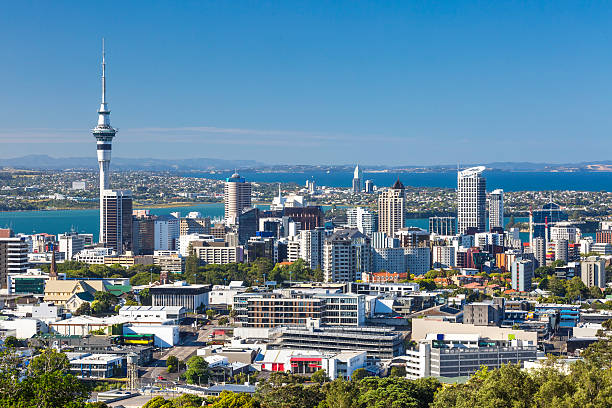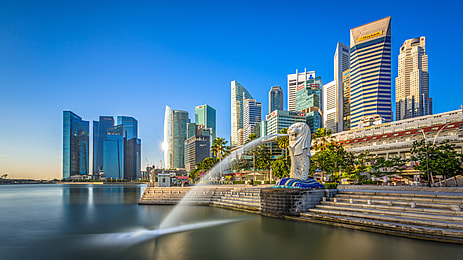Benin Travel Guide: All you need to know to visit Benin in 2024
Welcome to Benin
Benin Travel Guide
Any trip to West Africa should include a stop in Benin. You may learn about culture by visiting the numerous temples and palace remains of the once-powerful Kingdom of Dahomey. In addition, because of its fauna, Benin’s national parks are worth seeing. Fortunately, it is among the region’s most politically stable and travel-friendly nations. One of the best-kept travel secrets in West Africa is Benin, which boasts a lively culture, a long history, protected wildlife, the Grand Popo coastal beach.
Document checklist for Benin
A valid passport
Proof of finances
Visa
Essential Benin travel information
Currency: The official currency of Benin is the West African CFA franc (XOF). 2,048.50 XOF is equal to 1 USD.
Budget per day for one person: Spend a daily maximum of $7.5 per person.
Languages: The official language of the nation is French, but Fon, Yom, and Yoruba are recognized as national tongues.
Socket type: Type C and Type E plugs are the two socket kinds appropriate for Benin. 50Hz and a 220V supply voltage are used in Benin.
Time zone: GMT +1
Top 3 monuments/landmarks: Jardin Place Jean Bayol, Temple des Pythons, and Fondation Zinsou
Visa information for Benin
The eligibility for entering Benin without a visa and which foreign nationals require one depends on the country’s visa regulations. Benin does not require a visa for up to 60 nationalities, including all African citizens, who are permitted visa-free travel to the Republic for up to 90 days due to reciprocal visa exemption agreements.
Typical costs and budget for Benin
Meals – $ 15 per person/day
Transport – BHD 9.14 ($24) on local transportation
Hotel – $ 73 per person/night
Transport and ways to travel around Benin
In most Benin cities, bush taxis are a convenient method to get about. However, the least expensive or most pleasant mode of transportation is not one of them. Drivers wait until the cab is fully occupied, and there are no set departure schedules or costs, so these must be discussed before boarding. With the ability to disembark at any time, the trips are flexible and typically go faster than the bus system. However, they also frequently wait at nearby bus stops. Cabs may be hailed down from the side of the road. A different method of getting about Benin is by motorbike. The majority of places have motorcycle taxis that you may flag down. Each driver is required to carry an ID, and they may be recognized by their matching colored shirts, which vary from city to city. Motorcycle costs are negotiable, much like those for bush taxis. Visitors should be mindful of the prevalence of drunk driving and use caution while selecting a driver.
Safety in Benin
Benin has a high violent crime rate, particularly in Cotonou and the areas near Nigeria, Niger, and Burkina Faso. Pickpocketing, robberies, and carjackings are also common. Avoid going on a solo stroll after dark or in dimly lit places. Be cautious when responding to conversations with strangers.
Be on the lookout for potential hazards, especially in public areas, take government warnings seriously, and heed local authorities’ recommendations.
Weather in Benin
Benin’s typical temps only change a little. When humidity is considered, temperatures seem warm all year round with little risk of precipitation. March, April, and February are the warmest months to visit Benin if you seek the most comfortable weather. Early March is often the hottest season, with daytime highs about 32.8°C and nighttime lows seldom falling below 26.9°C.
Must do and see in Benin
Fondation Zinsou: The Zinsou family founded the Foundation Zinsou in 2005 as a privately owned organization. It is situated in Cotonou. The charity’s work has now extended beyond the realm of African art to include, among other initiatives, the improvement of schools, human development, and the fight against poverty.
Artisanal Center: Make the most of your limited time by learning more about the opportunities there! Beninese handicrafts may be found and purchased at the Artisanal Center. In addition, there are several shops and kiosks there that sell handcrafted goods.
Fidjrosse Beach: If you want to rest and unwind, head to Fidjrosse Beach, a sizable expanse of golden sand that gradually slopes towards the sea.
Typical Benin food to try
Dahomey Fish Stew: To make dahomey fish stew, low-fat fish fillets are used. While being cooked till golden brown in oil, the fillets are sprinkled with flour. Then they are combined with sautéed onions and tomatoes and simmered. Usually, it comes with rice.
Related Articles

5 min read
New Zealand Introduces Key Changes to Post Study Work Visa : What You Should Know
According to the government, this change will provide students with greater flexibility in their academic choices while ensuring they remain eligible to work. For many students, studying abroad is a
Read More
5 min read
The Singapore visa processing time for Indian citizens
Singapore is a small island located in the Malay Peninsula in Southeast Asia. It is one of the most economically developed countries in the world. Singapore is a fantastic place
Read More
5 min read
How Much Does an Australia Trip Cost from India?
If you are planning a trip from India to Australia, you must follow some of the points. that are : Planning Budget Traveling date and time To which place you
Read MoreYes, all holders of Indian passports need a visa to travel to Benin. An eVisa is available to all international nationals, including Indians.
Indian nationals visiting Benin on business or for leisure, including vacationing, sightseeing, or even brief family visits, should apply for a visa. The type of visa required for entry into Benin will vary depending on your nationality, the intended use of your trip, and the length of your stay.
Within 48 hours, the online Benin visa application is processed.
Yes. An individual e-Visa is required for each traveler.
No. Payments for unused e-Visas are not refundable. The cost is a processing charge.
